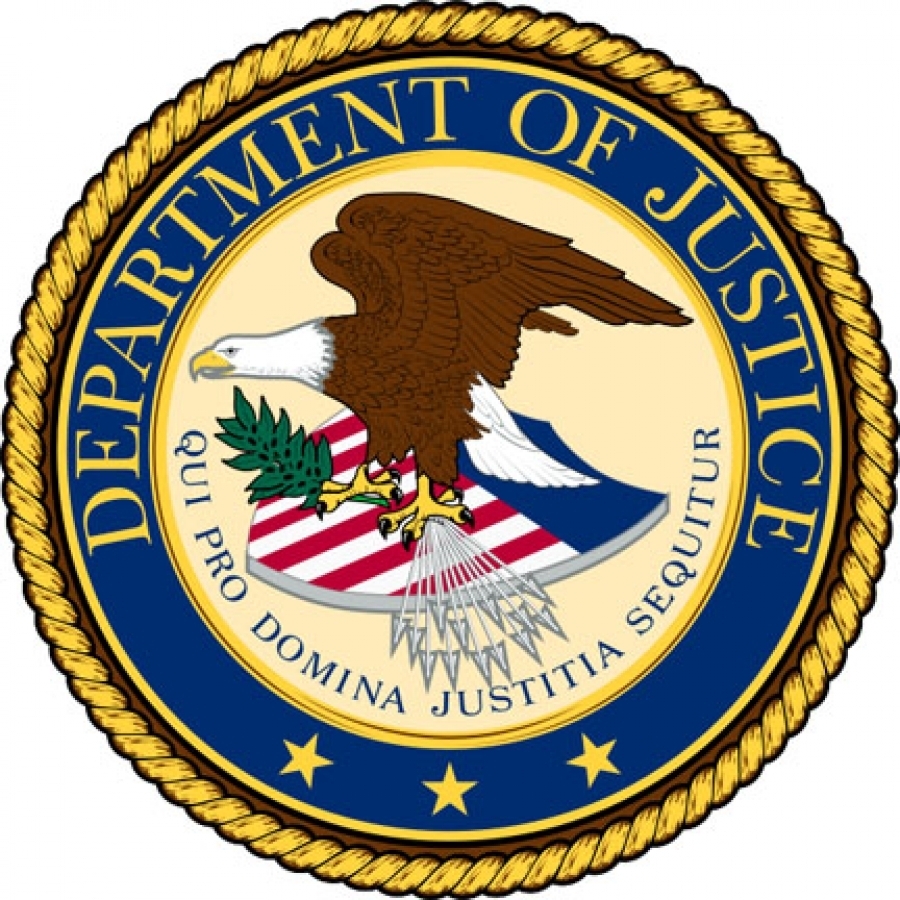The new information is contained in continued motions on several aspects of the pending trial of Antonio Tillmon, the only person in the case to plead not guilty.
In those documents, the federal government gave further glimpses into the reverse sting operation.
The United States Attorney’s Office filed several motions in the case Friday after Tillmon’s trial scheduled for this week was delayed because of documents filed in the federal court system claiming new evidence had surfaced.
The most telling documents come from United States Attorney John Brice’s argument against Tillmon’s attorney claiming an entrapment defense in the case as well as a motion against prohibiting mention of payments co-defendants received during the course of the sting.
Payments
“Defendant seeks an order prohibiting testimony and the admission of evidence concerning how much money other co-defendants may have received in this case,” Brice wrote. ‘The defendant contends this testimony has little relevance and is likely to prejudice the jury. The defendant may suggest that he did not know that he was transporting narcotics, but the United States expects the evidence at trial to show not only that the defendant was paid $2,000 for each operation to perform a few hours worth of transportation and security services, but also that the defendant knew that the co-conspirators who accompanied him during these same runs were also paid at least $2,000 each.”
Brice contends in his motion Tillmon’s alleged knowledge of the amount of money he and his co-conspirators were paid for the services provided is relevant “to the defendant’s knowledge that he was engaged in illicit activities and the value of the drugs that he was moving. This evidence is relevant and unduly prejudicial.”
Entrapment
In his continued argument against claims of entrapment, Brice wrote, “ … The person who recruited the defendant in the present case was not a government informant or actor, and her actions cannot be imputed to the government.”
Tillmon was reportedly recruited into the drug trafficking conspiracy not by the
government or even an agent of the government — he was recruited by a friend of his, Ikeisha Jacobs, a third party who was not aware she was dealing with the government. “The government did not know the defendant or suggest that Ms. Jacobs seek him out.”
Brice continues his argument against the entrapment defense, writing, “the defendant alleges that a factual question exists as to whether he knew exactly what types and quantities of drugs were purportedly involved.”
The government, however, expects evidence at trial “to show that the defendant was
told that they were moving ten packages of ‘H’ — a term for heroin — at the beginning of his very first drug run. He later was told even more explicitly that a million dollars worth of heroin was at issue.”
Brice said in the motion the kilograms of purported narcotics were counted out loud and in Tillmon’s presence. “The defendant was present in a room and in a warehouse on multiple occasions where packages of what appeared to be narcotics were on counters, in trucks, on the floor and were being loaded into secret compartments in vehicles.”
“... Defendant was a law enforcement officer”
Tillmon was paid thousands of dollars in cash for his services, the motion said, instructed a co-conspirator not to deposit the proceeds of their dealings into any bank account, and concealed his activities from his employer. “Moreover, the defendant was a law enforcement professional. He, unlike an average person, was trained to spot drug trafficking. That he did not know the product he was moving, protecting, and securing with multiple firearms was large quantities of narcotics is inconceivable on its face.
“Notwithstanding the inescapable inferences to be drawn from this evidence, the factual question raised by the defendant is insufficient to trigger a sentencing entrapment instruction.” Tillmon, Brice wrote, demonstrated he was predisposed to committing drug trafficking offenses of the scale charged by the fact that he freely and voluntarily engaged in operation after operation after operation. “The defendant has alleged no facts otherwise. Having failed to find support for his position in the Fourth Circuit, the defendant has relied on Ninth Circuit authority that has never been cited by the Fourth Circuit, or any court within this district … “
A hearing on all pending motions in the case was scheduled to be heard today in Greenville.
As of this report no documents had been filed this afternoon on the outcomes of the hearing.
Tillmon is the only defendant to plead not guilty in the case.
The remaining 14 are currently awaiting sentencing on November 29.








